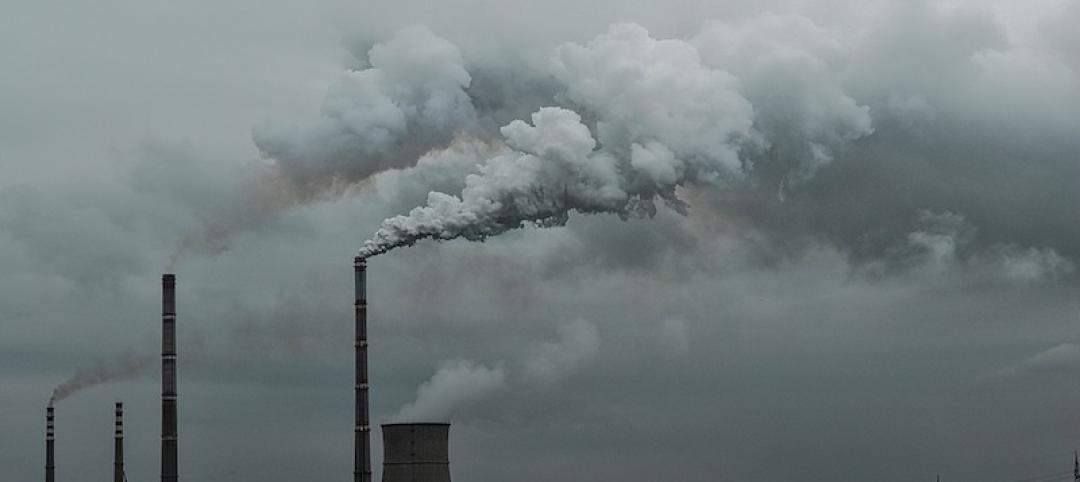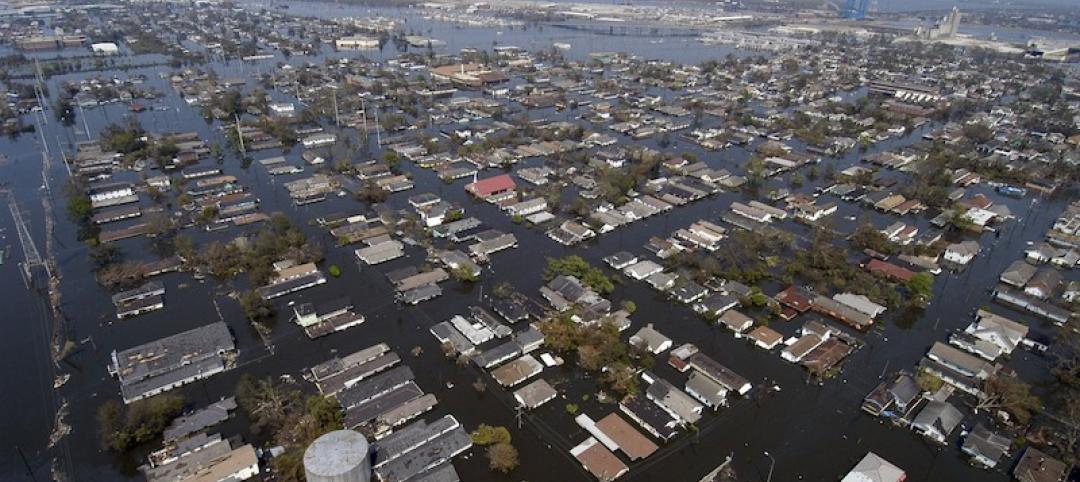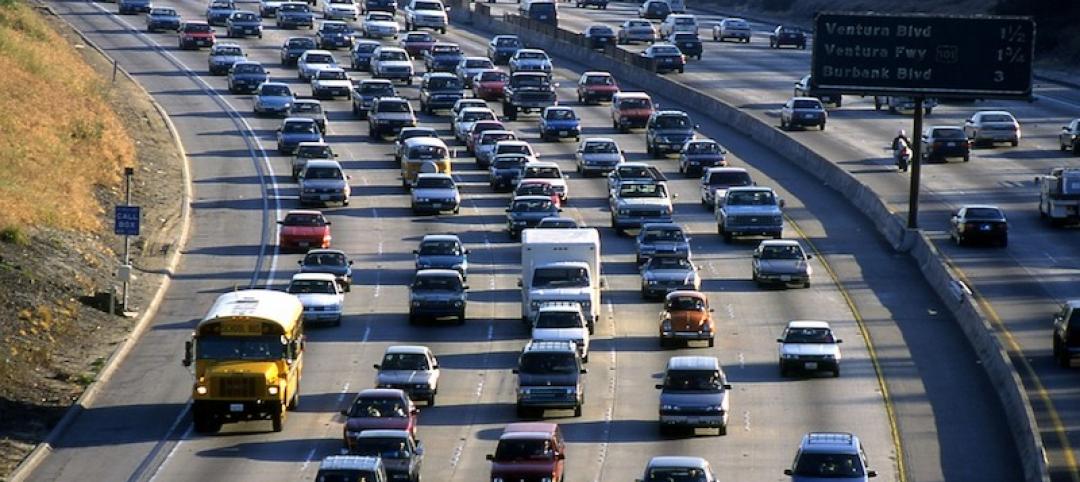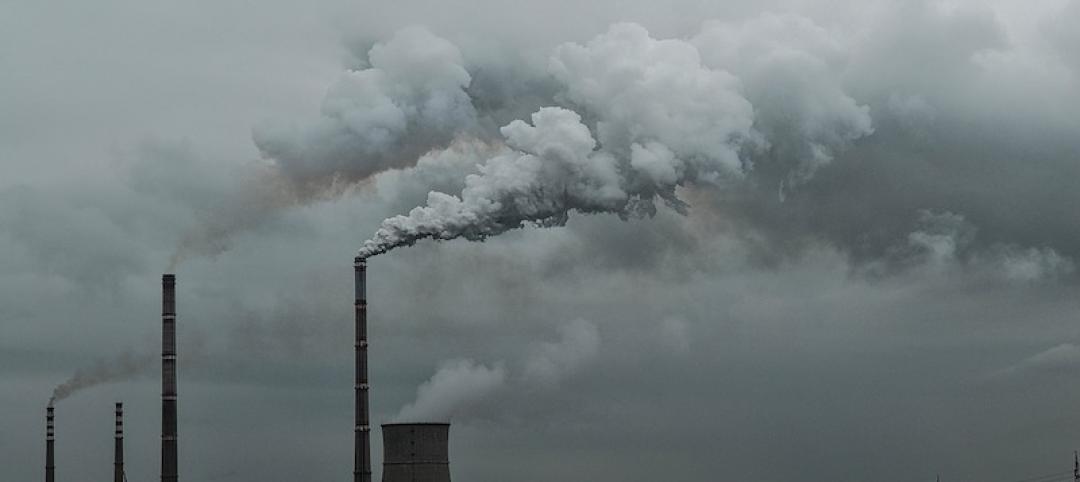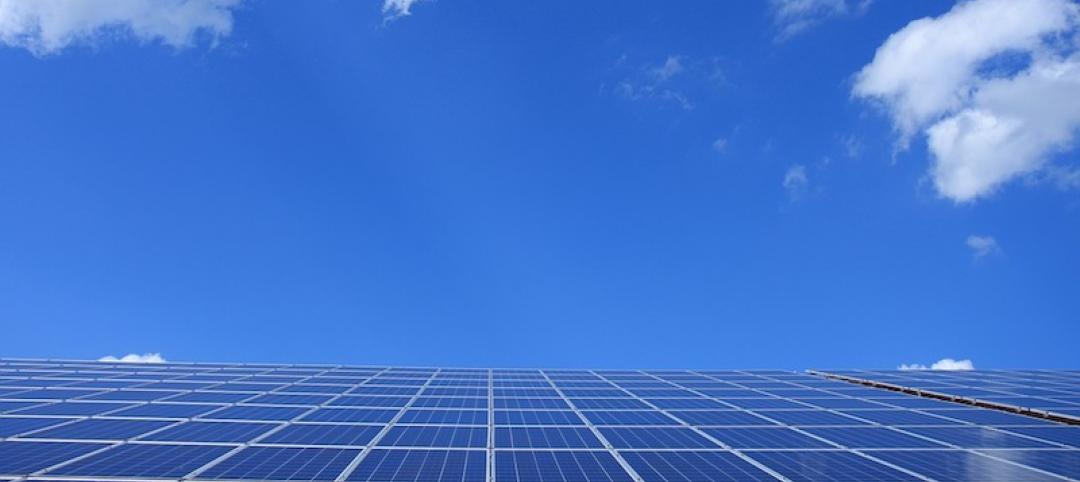The 2021 Hospital Energy and Water Benchmarking Survey by Grumman|Butkus Associates found that U.S. hospitals’ use of fossil fuels is declining since the inception of the annual survey 25 years ago, but electricity use is dipping more slowly.
The average combined Btu/ft2 (electricity plus gas/steam) for participating facilities was 236,743 in this year’s survey, up from 233,491 in 2019. “However, interpretation of year-to-year trends should be tempered by the realization that the respondent pool for the 2021 survey was different from the pool from the 2020 edition, due to the stresses that COVID-19 response placed on the healthcare facility personnel who normally participate, particularly during 2019,” according to a news release.
Hospitals’ average carbon footprint has remained fairly steady at 50 to 60 pounds of CO2 equivalent per square foot per year since GBA began calculating carbon data in 1999. CO2 footprint in 2020 was up from a low in 2019 (likely attributable to a change in respondents for the 2020 survey), but still shows an 18% decrease from 2018.
“To meet the ambitious goals put forth by the Biden Administration, hospitals will have to achieve much more significant reductions in the near term,” says GBA-Illinois Chairman Dan Doyle. “These reductions can only be achieved by implementing larger and more costly retrofits of existing buildings.
“The drive to decarbonize will also require building owners to embrace fuel switching to renewable-based energy sources. Many leading healthcare systems are implementing on-site renewables (usually solar photovoltaic systems), as well as off-site renewables, often funded through Power Purchase Agreements (PPA) to purchase some or all of their electricity.”
Related Stories
Codes and Standards | Dec 20, 2018
New York’s ‘Scaffold Law’ under fire for driving up project costs
Lawmakers under pressure to reform law that makes contractors 100% liable for work-site injuries.
Codes and Standards | Dec 19, 2018
Guidance for water utilities on indoor recycled water use released
Provides recommended ranges on 13 different parameters of water quality.
Codes and Standards | Dec 18, 2018
Development in Africa, Asia, and uptake in air conditioning will require more efficient buildings
Dramatic action will be needed for global building sector to cut carbon in line with international agreements.
Codes and Standards | Dec 14, 2018
Emissions for buildings and construction have peaked, UN says
Greener buildings have led to leveling off of GHGs.
Codes and Standards | Dec 13, 2018
Urban flooding causing economic loss, social disruption, and housing inequality
Extensive suburban development, aging and poorly maintained infrastructure, and more intense rainfall mean more flooding.
Codes and Standards | Dec 12, 2018
California’s transportation problems could prevent state from reaching carbon reduction goals
Governor’s carbon neutral-by-2045 ambitions at odds with car culture.
Codes and Standards | Dec 11, 2018
Strict seismic building codes credited with minimizing damage in Alaskan earthquake
Magnitude 7.0 temblor cracked roads and collapsed road ramps, but buildings held up well.
Codes and Standards | Dec 7, 2018
Florida tops ABC’s 2018 Merit Shop Scorecard rankings
Michigan rose fastest after passing prevailing wage law.
Codes and Standards | Dec 6, 2018
North American steel yields lower GHG emissions than Chinese steel
North American construction steel saves about half of GHG emissions on building project.
Codes and Standards | Dec 5, 2018
Canadian retailer builds net-zero stores
Other chains also boost green efforts with PVs, EV charging stations.






